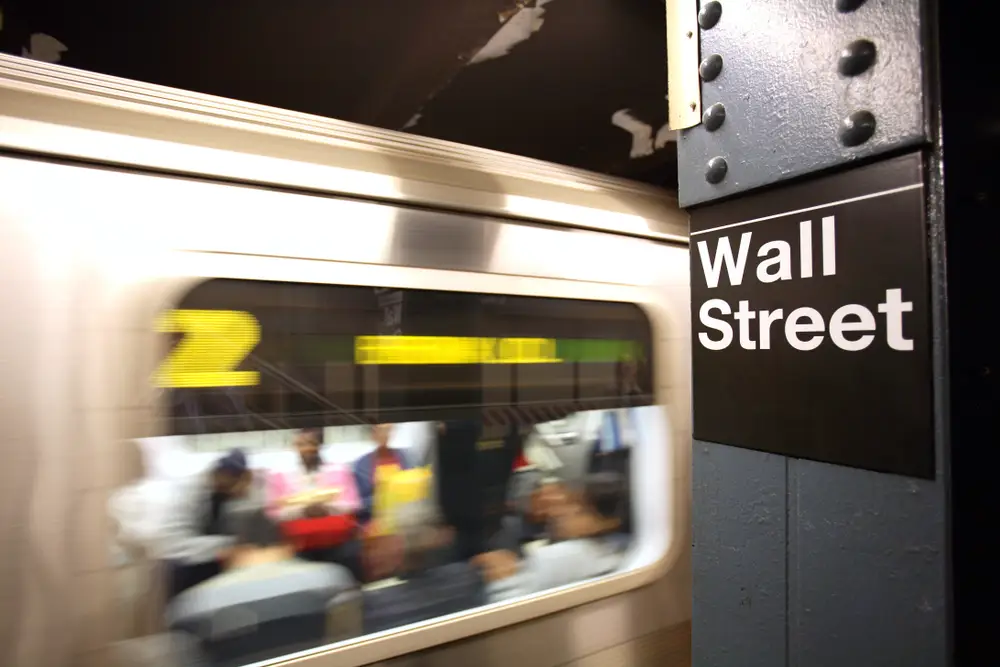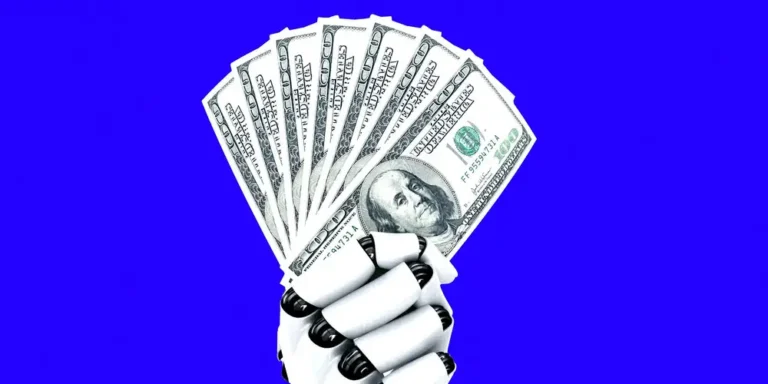The stock market is flashing a signal that’s previously preceded a 10% slump, Citi says

The Wall Street subway stop
The market is flashing warning signs of a possible stock slump as S&P 500 exposure rises, Citi says.
The strategists said S&P 500 long positions are now at their highest level since mid-2023. At that time, that level of exposure to the benchmark index was followed by a slide of over 10% in the next three months.
“We’re not suggesting investors should start to reduce exposure, but the positioning risks do rise when markets get extended like this,” the strategists, led by Chris Montagu, said in a Monday note.
The uptick in S&P 500 positioning comes as the index has risen almost 23% this year.
The analysts attribute that bullishness to hopes for a soft landing for the economy, plus a positive wave of third-quarter earnings so far.
“Bullish momentum continues for US markets, but particularly so for the broader S&P 500. This evidenced by the continuation of new longs and, to a lesser extent, the covering of shorts,” the analysts said.
“The continued ‘soft landing’ narrative combined with a (so far) solid reporting season has no doubt supported this momentum despite the uncertainty of the US election next month,” they added.
The analysts acknowledge that compared to the high positioning levels of mid-2023, the current levels investors aren’t as stretched as they were back then, with less at risk compared to the last time S&P 500 exposure had risen as high.
“Current P&L, while positive, is by no means stretched, suggesting less capital at risk and therefore less motivation to cover if markets pull-back,” they said.
The analysts add that as S&P 500 positioning has risen, positioning in the Nasdaq remains comparably low.
“S&P positioning has become even more stretched and has now topped 3-year highs. Investor conviction for the Nasdaq continues to be low with net positioning at neutral. A common feature for both markets is that 100% of the short positions are out of the money, providing potential short-term upside risk if markets continue to drift higher and shorters have to cover,” they said.






